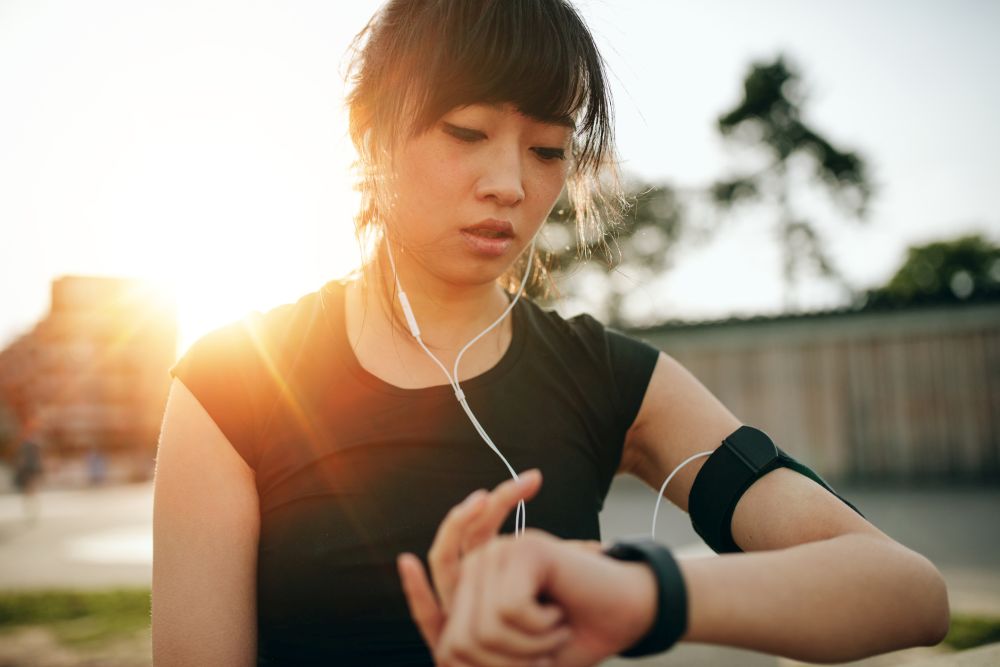Ever felt like time slows down when you’re running intervals on the treadmill? New research says it’s not just you. A study recently published in the journal Brain and Behaviour delves into the phenomenon: the perception of time moving slower during exercise, compared to moments of rest, might be universal.

Led by Andrew Edwards, a professor at Canterbury Christ Church University, a team of researchers set out to further understand the relationship between physical activity and our internal clocks. Neuroscience News reported that 33 participants completed time perception tasks before, during and after an exercise task, which involved cycling under various conditions, ranging from solo rides to competitive bouts against virtual opponents.
All study participants were moderately or highly active, but none were professional cyclists. Participants completed the four-kilometer cycling trials on a Velotron cycling ergometer, both with and without competitors, with large screens simulating race-course conditions. Not only did the perception of time slow down while the participants exercised, but it did not matter whether they were biking alone or with others.

“The sample size of 33 people offers an intriguing first glimpse into how our perception of time can be warped—and perhaps a clue as to how to take things to the next level while exercising,” said Edwards. “The main strands of the work are to see how we can motivate people to engage with exercise, avoid/mitigate negative associations with time appearing to move slowly and perhaps see if we can use this apparent slowing of time to our advantage.”
The lack of accurate time perception during exercise helps explain why pacing yourself can be so challenging, and why it is harder to make decisions while training or racing. Scientists feel this research could potentially help design exercise experiences to be more enjoyable, using the altered sense of time to boost both motivation and performance.

